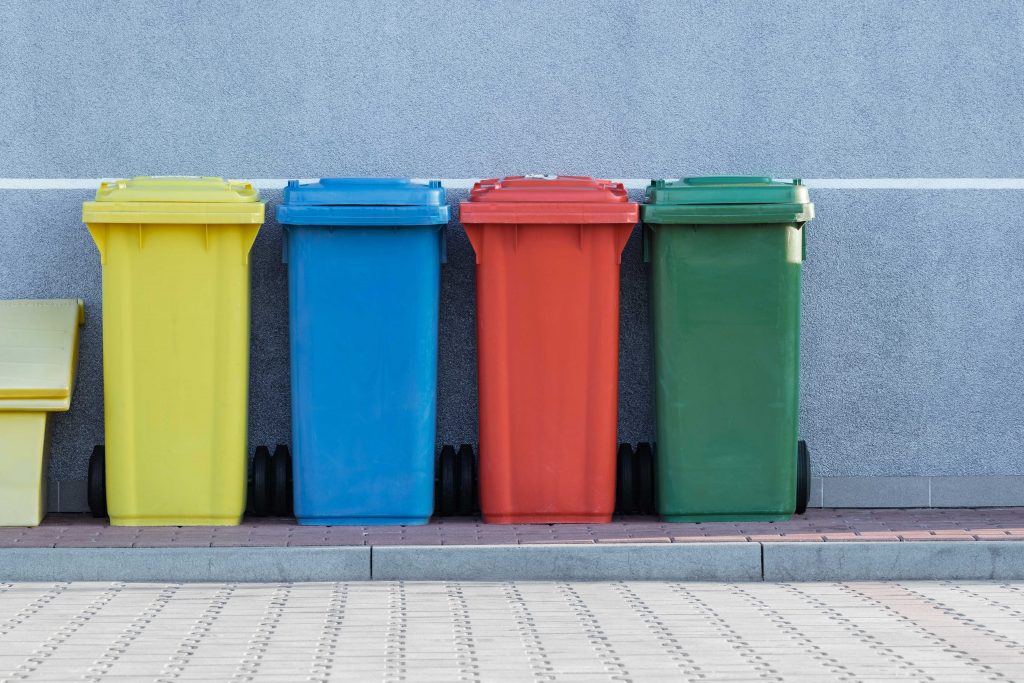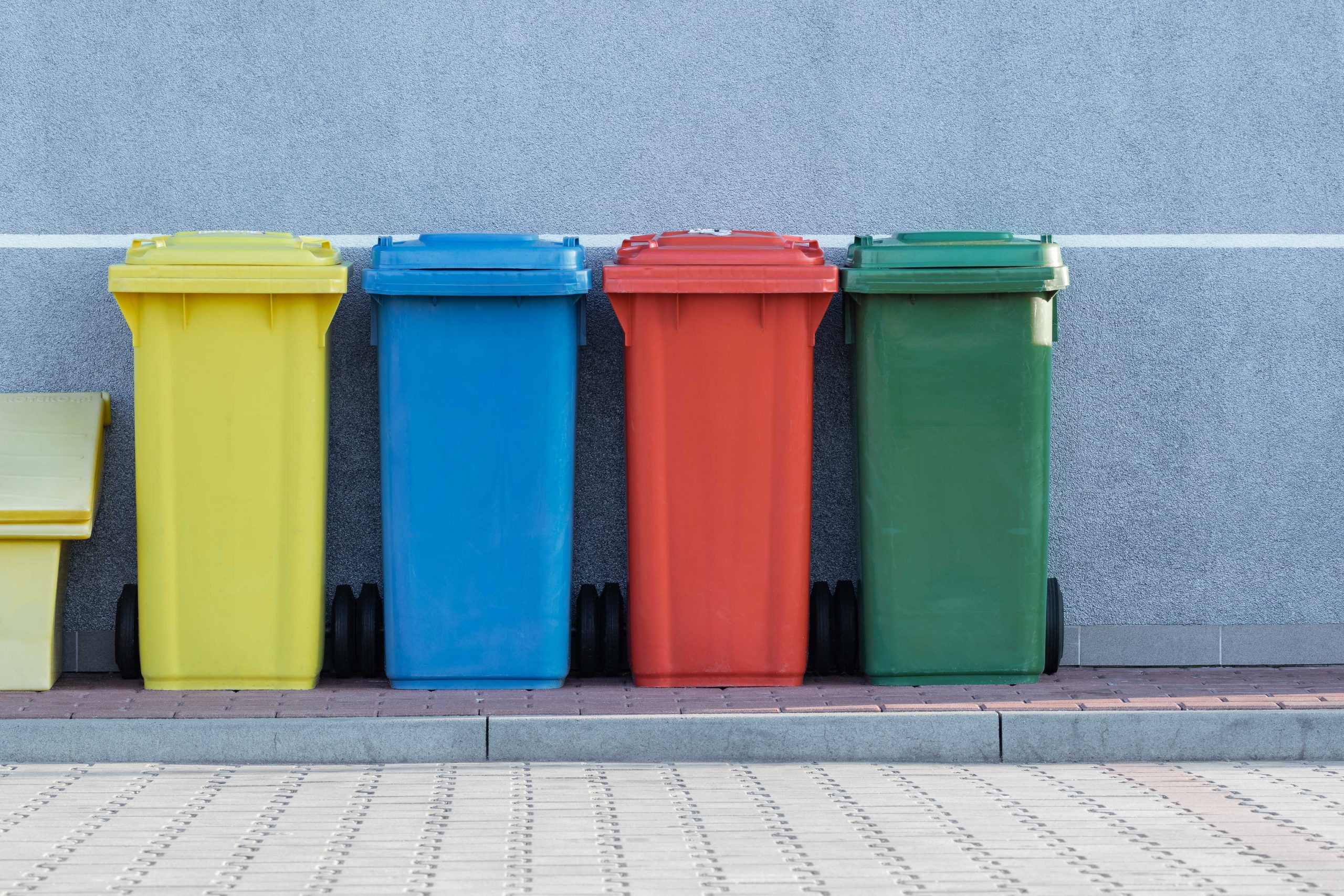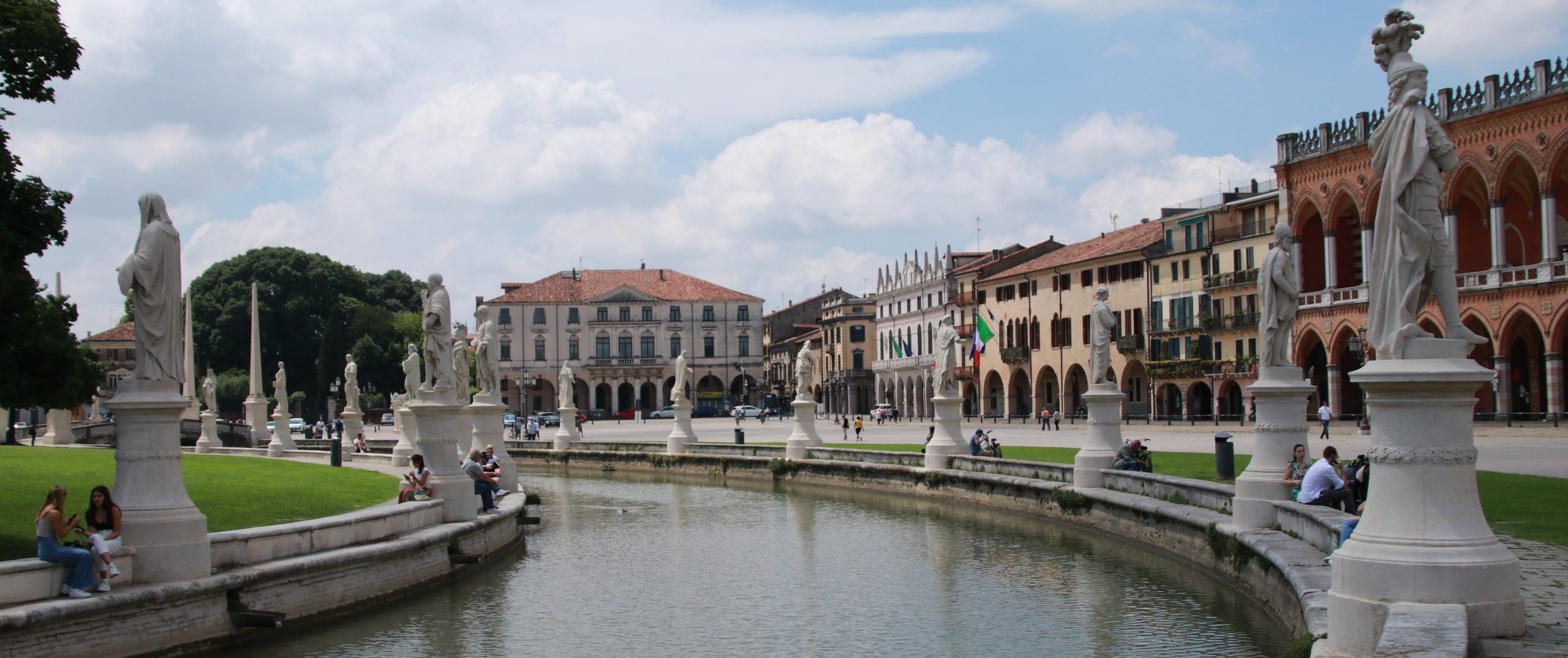In Italy, waste management is delivered by each local Comune in accordance with the national legislation. As you may guess, the quality of the service provided, as well as its costs, varies greatly depending on the various municipalities scattered across Italy.
The Comune normally does not provide the waste collection and disposal services directly, as its costs would be unbearable, but rather associates with other municipalities and tender the service to a third party private or mixed private and public utility company. The utility company will then organize the waste collection service

Table of Contents
ToggleWhat is TARI in Italy?
The whole system is funded by the taxpayers through the TARI. This is a waste and disposal tax levied by the municipality to the occupants of the property; in case of an empty property the TARI is paid by the owner of the premises.
In some larger housing complexes the TARI may be administered by the condominium and charged to each occupant based on the condominium fees.
The TARI rates are decided every year by the local Comune, and they vary depending on the size of the property and its destination of use. As you can imagine, the amount of trash collectable from a local restaurant is definitely higher than a private household with one occupant, therefore the restaurant pays more than the single household member.
The TARI is normally mailed to the occupant of the property, and it is split in two equal installments payable in June and November of each year. The new occupant must notify the utility company about the change, therefore the TARI can be levied accordingly.
In certain municipalities, every disposal made at the local dump is registered and connected to your Codice Fiscale. Every access is then charged to your TARI that is subsequently increased. This system is made to push citizens to recycle as much as possible and minimize the waste created and disposed of; in conclusion, who pollutes more pays more. As simple as that.
TARI can be paid in cash at every post office, tobacconist, or bank free of charge. It is also possible to pay online via the F24 form in your private banking area or directly in the tax office website.
Failure to pay TARI on time will expose the taxpayer(s) to fines and penalties levied by the local municipality ranging from 30% up to 120% of the tax due.
The recycling system in Italy
Just like the waste disposal system, the recycling system is different in various areas of Italy. The system has shifted from large trash bins located in neighborhoods to a door to door collection, providing each household with the required bin
For disposal purposes, the most common categories of rubbish are:
- Rifiuti indifferenziati – non-recyclable waste, landfill
- Raccolta differenziati – recylable waste (paper, plastic, glass)
- Rifiuti organici – organic waste
Normally each type of waste is associated with different colors, which vary depending on the local Comune.
In municipalities that do not offer kerbside collection, household rubbish is placed in large black roadside bins that can be found on residential streets. The times at which these can be used is usually restricted to late evenings and early mornings, particularly in the summer months. These bins are emptied by the municipality’s garbage contractors on a weekly basis.
You can find more information about the collection time and the recycling system of your city on the municipality website, or on the website of the contractor company delivering the pickup service.
Bulky waste items can be collected by the local garbage contractor upon arrangement with the municipality.
This change in policy in recent years reflects a greater attention on environmental issues, and those actions aim to reduce the waste disposed of and to minimize the impact on the environment.






